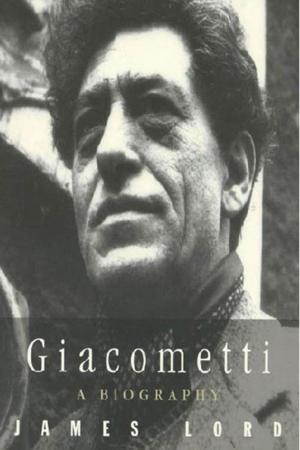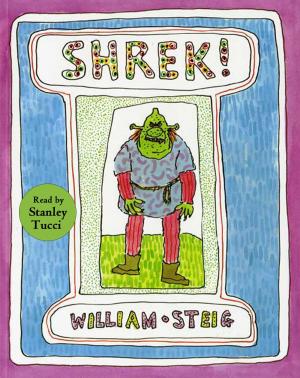Hamilton, Adams, Jefferson
The Politics of Enlightenment and the American Founding
Nonfiction, History, Americas, United States, Revolutionary Period (1775-1800), Social & Cultural Studies, Political Science, Politics, History & Theory, Biography & Memoir, Historical| Author: | Darren Staloff | ISBN: | 9781429929868 |
| Publisher: | Farrar, Straus and Giroux | Publication: | February 6, 2007 |
| Imprint: | Hill and Wang | Language: | English |
| Author: | Darren Staloff |
| ISBN: | 9781429929868 |
| Publisher: | Farrar, Straus and Giroux |
| Publication: | February 6, 2007 |
| Imprint: | Hill and Wang |
| Language: | English |
Where The Ideas for which We Stand came from.
In this incisively drawn book, Darren Staloff forcefully reminds us that America owes its guiding political traditions to three Founding Fathers whose lives embodied the collision of Europe's grand Enlightenment project with the birth of the nation.
Alexander Hamilton, the worldly New Yorker; John Adams, the curmudgeonly Yankee; Thomas Jefferson, the visionary Virginia squire—each governed their public lives by Enlightenment principles, and for each their relationship to the politics of Enlightenment was transformed by the struggle for American independence. Repeated humiliation on America's battlefields banished Hamilton's youthful idealism, leaving him a disciple of Enlightened realpolitik and the nation's leading exponent of modern statecraft. After ten years in Europe's diplomatic trenches, Adams's embrace of the politics of Enlightenment became increasingly skeptical in spirit, and his public posture became increasingly that of the gadfly of his country. And Jefferson's frustrations as a Revolutionary governor in Virginia led him to go beyond his Enlightened worldview, and articulate a new and radical Romantic politics of principle. As a consequence, Americans demand a government that is both modern, constrained by checks and balances, and capable of appealing to our loftiest aspirations while adhering to decidedly pragmatic policies.
Where The Ideas for which We Stand came from.
In this incisively drawn book, Darren Staloff forcefully reminds us that America owes its guiding political traditions to three Founding Fathers whose lives embodied the collision of Europe's grand Enlightenment project with the birth of the nation.
Alexander Hamilton, the worldly New Yorker; John Adams, the curmudgeonly Yankee; Thomas Jefferson, the visionary Virginia squire—each governed their public lives by Enlightenment principles, and for each their relationship to the politics of Enlightenment was transformed by the struggle for American independence. Repeated humiliation on America's battlefields banished Hamilton's youthful idealism, leaving him a disciple of Enlightened realpolitik and the nation's leading exponent of modern statecraft. After ten years in Europe's diplomatic trenches, Adams's embrace of the politics of Enlightenment became increasingly skeptical in spirit, and his public posture became increasingly that of the gadfly of his country. And Jefferson's frustrations as a Revolutionary governor in Virginia led him to go beyond his Enlightened worldview, and articulate a new and radical Romantic politics of principle. As a consequence, Americans demand a government that is both modern, constrained by checks and balances, and capable of appealing to our loftiest aspirations while adhering to decidedly pragmatic policies.















